Swiss refugee policy for Ukrainians leaves many questions unanswered
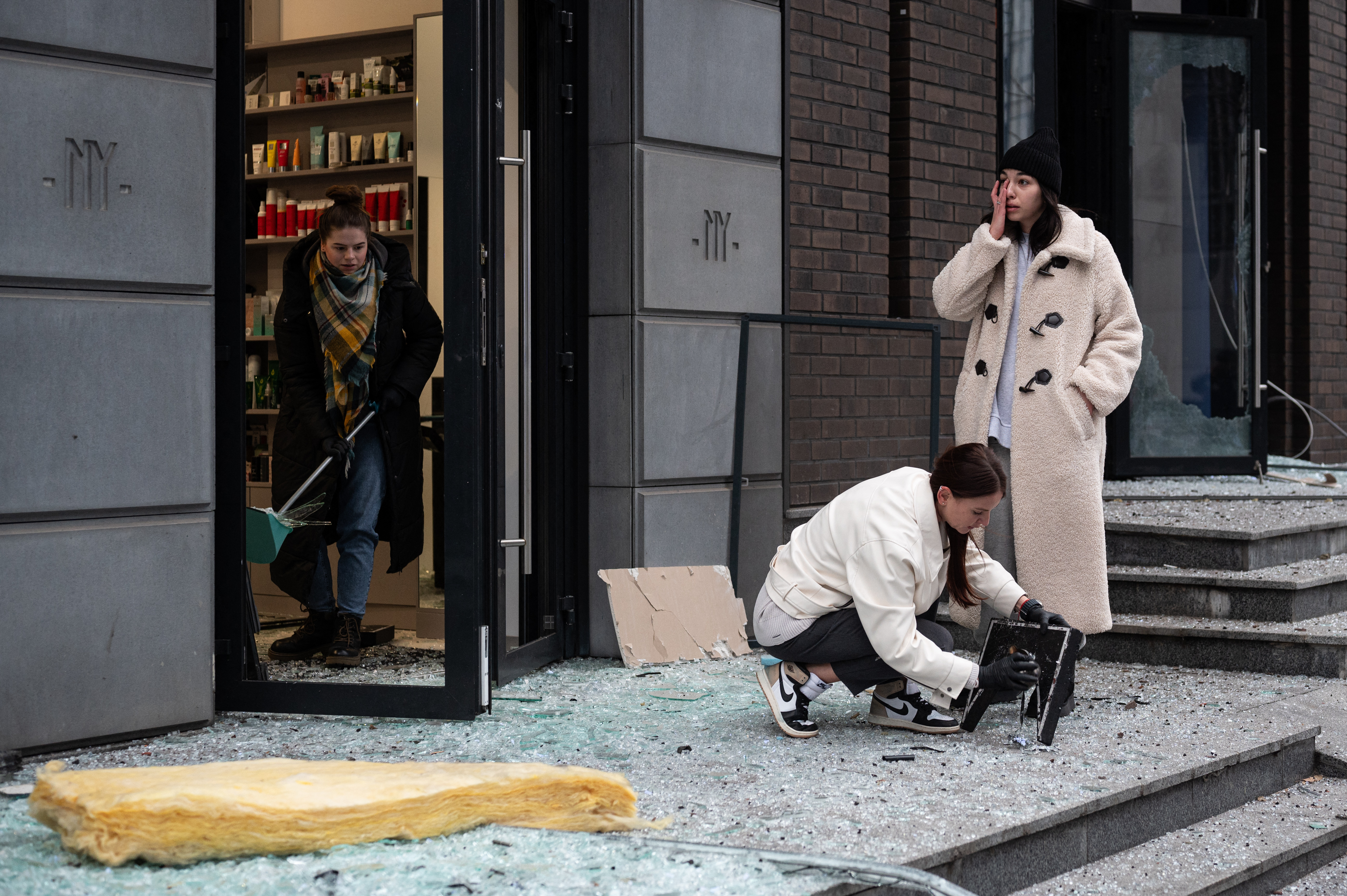
Proposed changes to the S status for Ukrainians in Switzerland are drawing criticism and raising doubts about their practical and humanitarian implications.
In December last year the Swiss parliament decided to limit eligibility of the S status for Ukrainian refugees, specifying that it will now only apply to those coming from areas occupied or under attack by Russian forces.
In effect since March 2022, Switzerland’s S status provided accelerated asylum for some 66,000 refugees from Ukraine. It exempts Ukrainians asking for protection from a lengthy administrative process, granting them quicker access to housing, financial aid, medical care and free transport in the canton where they reside.
The S status has so far been granted in Switzerland only to Ukrainian refugees. Other refugees or migrants have to apply for an F status which is lengthier and more restrictive.
The Swiss parliament’s decision to limit access to Ukrainian refugees comes after much debate in parliament and among NGOs as well as opposition from the government to reject the motion.
Its implementation raises many questions such as to how to define a war zone in a country where most cities are regularly shelled and whether Switzerland can legally discriminate between refugees from a same country.
Not on the same page
The new rules were prompted by some journalists and politicians deeming some parts of Ukraine safe and that not all refugee requests should be treated equally.
“The content of S status rights is a source of tension,” says Cesla Amarelle, professor of public and migration law at the University of Neuchâtel. “They are highly hybrid and, in some respects, constitute an ad hoc preferential regime that is inconsistent with the rights provided by other asylum statuses such as the F status.”
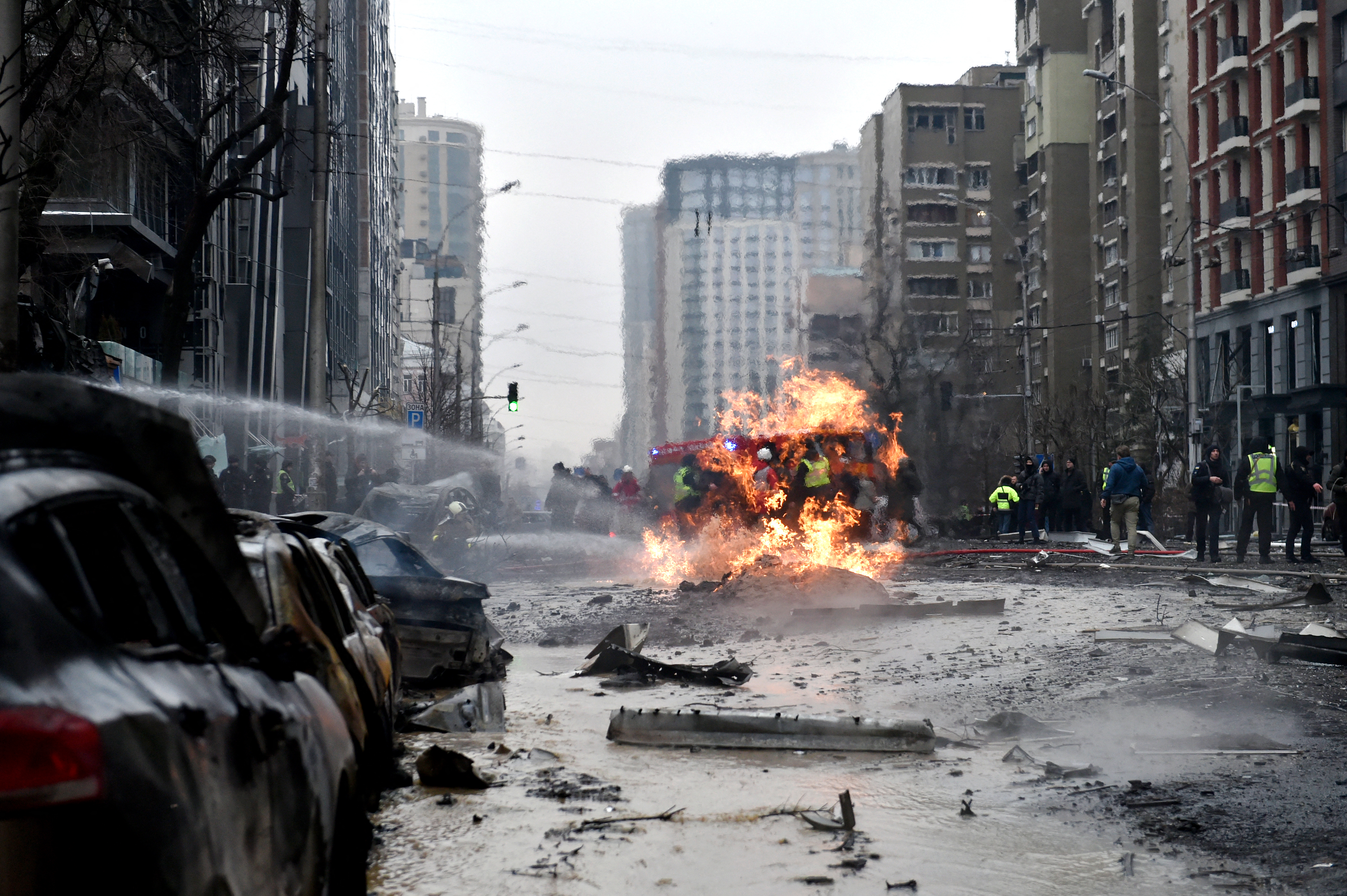
The motion was supported by both the right-wing and centre-right political parties as well as some parliamentarians in the Centre Party.
“Switzerland must have space for real refugees. For this reason, we want to conduct a selection based on the S status for people coming from this region. Those living in Lviv do not face the same consequences of war as those in the eastern areas,” Peter Schilliger from the centre-right Radical-Liberal Party told parliament.External link
Lviv, located close to the border with Poland, is not directly under Russian fire but has not been exempt from shellingExternal link.
Schilliger did not reply to SWI swissinfo.ch’s request for an interview.
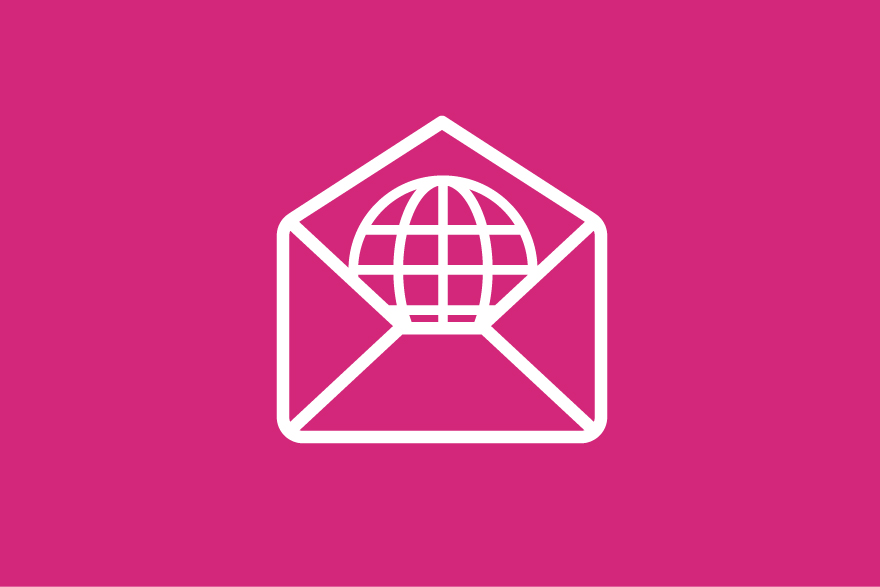
More
Our weekly newsletter on foreign affairs
‘No changes’
According to the new rules, those who now live in areas under Ukrainian control with no active conflict no longer qualify for S status.
The same rules also plan to push unemployed Ukrainian refugees into the workforceExternal link by making integration measures such as studying the local language mandatory. Those who fail to comply could face sanctions, including cuts to social assistance.
The government is currently assessing how to implement this motion and it is not yet clear when the changes will take effect.
The State Secretariat for Migration (SEM) told SWI swissinfo.ch in an email that “for the time being there will be no changes for Ukrainians applying for temporary protection in Switzerland or for those who have already been granted S status”.
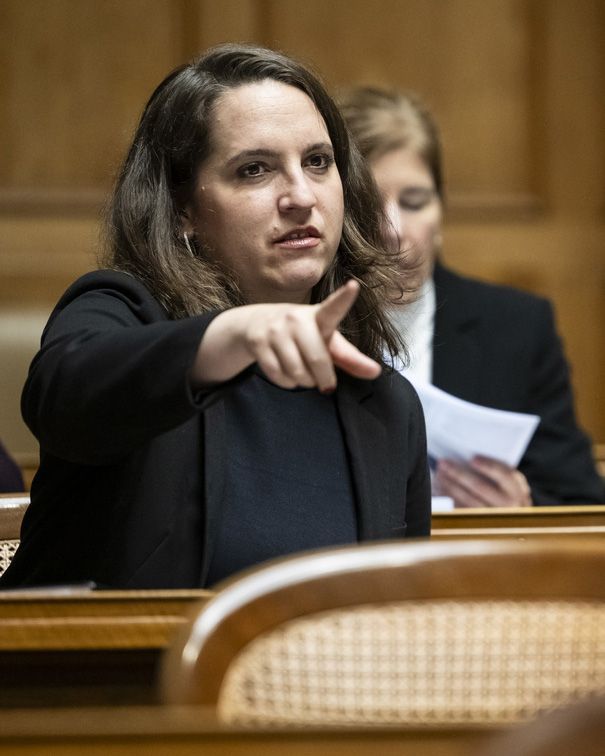
Open questions
The new rules touch on both Swiss national security concerns and the country’s humanitarian obligations. They have sparked debate both inside and outside Switzerland, particularly regarding how they fit within broader European migration trends.
Nina Schläfli from the left-wing Social Democratic Party voted against the new rules and says she hopes “all refugees can find protection in Switzerland”.
“The decision to deny this protection to some people contradicts Switzerland’s commitment to peace in Ukraine. As a neutral country, our support options to countries at war are limited, so we should be all the more committed to those areas where we can really help,” she says.
In November 2024, Switzerland recorded 2,325 asylum applications, a 26% decrease from the previous year. Afghanistan was the top country of origin, followed by Turkey, Algeria, and Morocco. The SEM registered 25,884 applications in 2024, down from 27,980 in 2023. Of the applications, 356 were secondary and 1,969 primary. The SEM made decisions on 2,859 applications, approving just over a quarter. Additionally, 859 individuals without residence rights left Switzerland.
What’s a safe zone?
The main question raised by the new rules is what defines a war zone in a country at war. And how might these restrictions impact the rights and protections of Ukrainian refugees who no longer qualify for S status?
“The Federal Council needs to determine which regions are considered ‘safe’. This is going to be difficult”, according to Cesla Amarelle.
While some people, such as Swiss war correspondent Kurt Pelda who writes for the Aargauer Zeitung,External link see it as a continuation of Switzerland’s historically cautious approach to migration, others such Daniel Gerny, journalist for the Neue Zürcher Zeitung, External linkview it as a problematic response to the ongoing war in Ukraine. Both have written op-eds in their respective newspapers on the issue.
“The revocation of the S status or regional differentiation will undermine solidarity in Europe,” Justice Minister Beat Jans told parliament on December 2. External link

Monika Bickauskaite-Aleliune, a London-based former global policy engagement officer at the Legatum Institute and a former researcher at the German Marshall Fund, says the new Swiss rules are “troublesome as Ukraine as a whole is suffering from Russia’s war”.
“Russia has carried out 12 large-scale attacks on Ukraine’s energy infrastructure this year. Many Eastern European countries, despite limited capacity, are taking in twice as many refugees as Switzerland and bearing a heavier burden,” she says.
Poland is host to almost one million refugees, according to UN figures.
Bickauskaite-Aleliune draws a parallel with the Second World War, when “Switzerland’s neutrality and restrictive immigration policies had devastating consequences for Jews fleeing Nazi persecution”. Today, she argues, Switzerland has an opportunity to take a different path.
War-zone tourism for Swiss politicians
“The Swiss approach is certainly discriminatory,” says Dmytro Nykyforov, a Ukrainian lawyer, from Kyiv via Zoom. He cites as an example a man who died in a bombing in Kyiv on the day of the interview, December 20. In total, 12 people were injured, six of whom were hospitalised. Residential buildings, office buildings, a hotel and a heating pipeline were also damaged, leaving 630 buildings, medical facilities and schools without heating.

Kyiv remains under the control of the Ukrainian government and, as a result, refugees from the Ukrainian capital would not qualify for the S status under the new rules. At time of publication the Ukrainian ambassador did not reply to requests for comment.
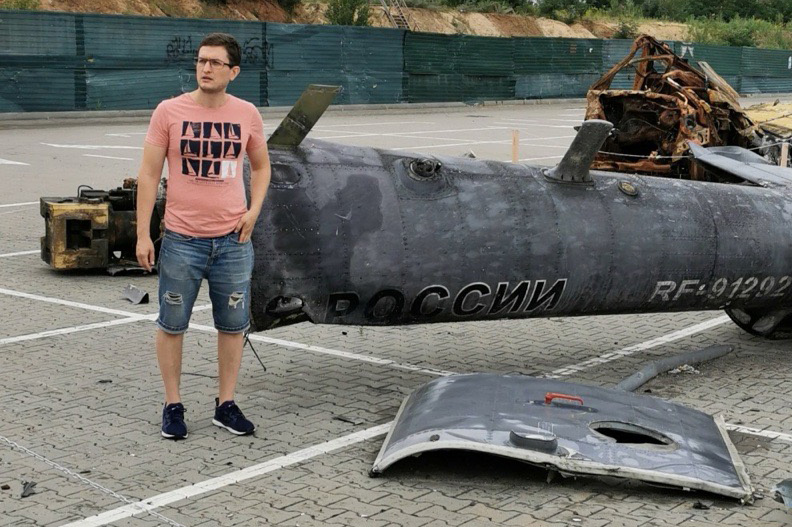
In January 2023 Nykyforov launched War Tours projectExternal link – military tourism in Ukraine with the goal of raising awareness on the consequences of the war in his country. “I would like to invite all the Swiss parliamentarians who passed this law to a tour of Kharkiv so they can see how people live in an active combat zone,” he says, referring to Ukraine’s second-largest city. “We also invite them to a tour in Kyiv to feel the difference and understand whether life in large cities is truly as peaceful as it may seem from abroad.”
Ukrainian politician David Sakvarelidze,External link a former prosecutor and attorney, also lives in Kyiv and also sends an open call to Swiss politicians. “The place hit by Russian strikes today is a central location in Kyiv,” he tells SWI swissinfo.ch. “I suggest Swiss politicians come and stay in my apartment and see what it’s like.”
Edited by Virginie Mangin/ts

In compliance with the JTI standards
More: SWI swissinfo.ch certified by the Journalism Trust Initiative
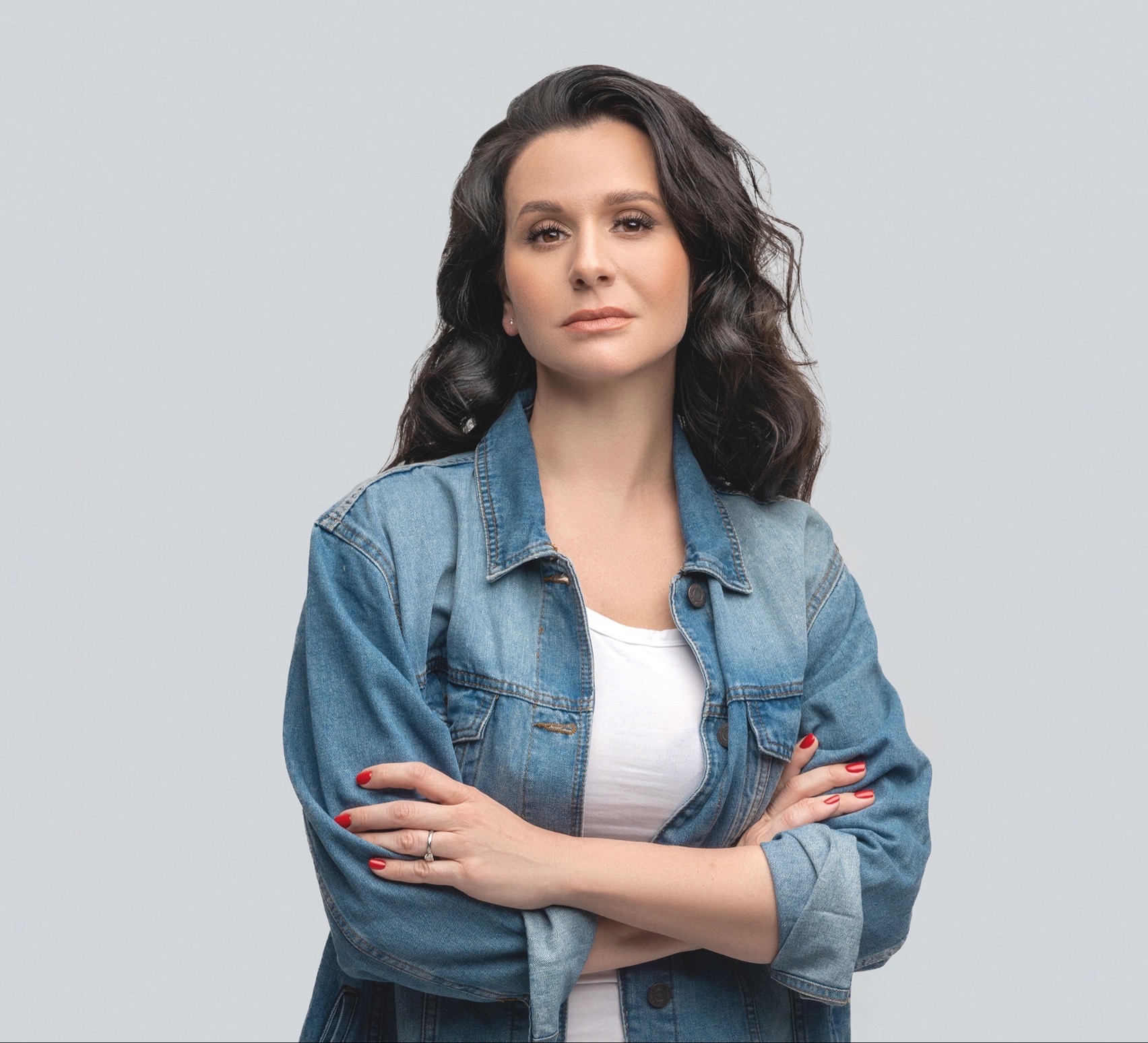









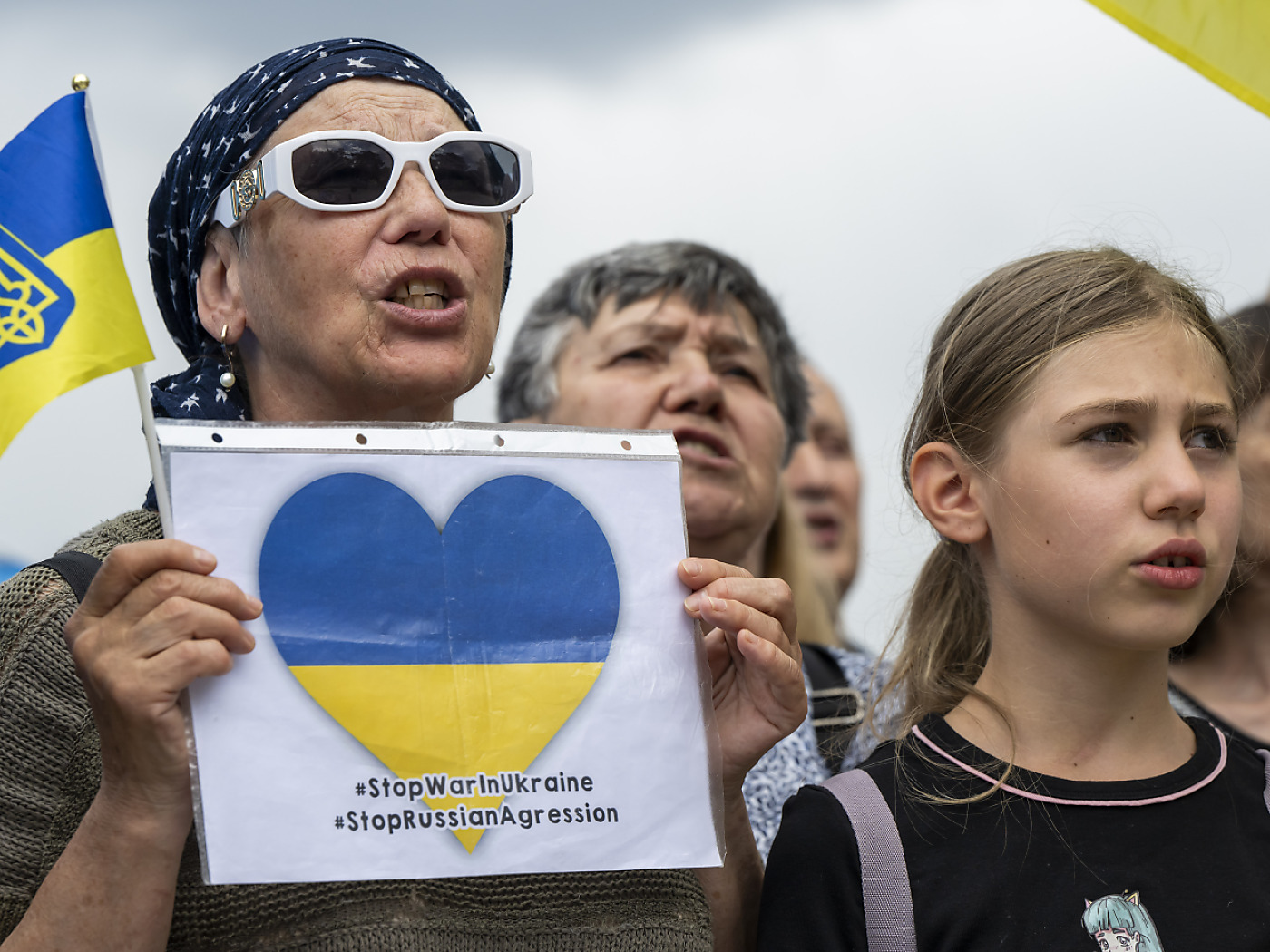

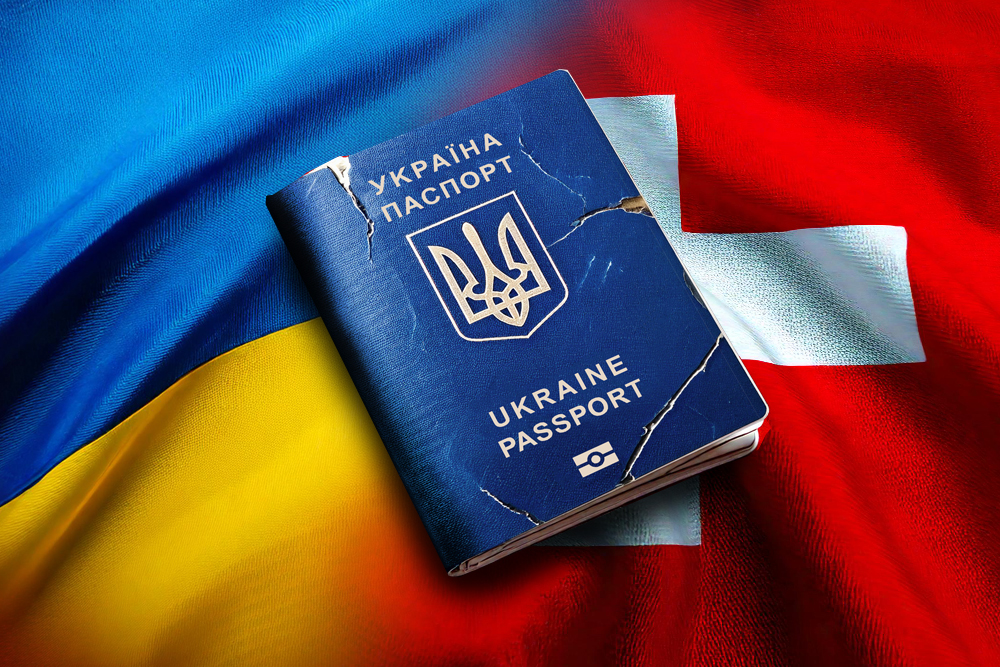

You can find an overview of ongoing debates with our journalists here . Please join us!
If you want to start a conversation about a topic raised in this article or want to report factual errors, email us at english@swissinfo.ch.